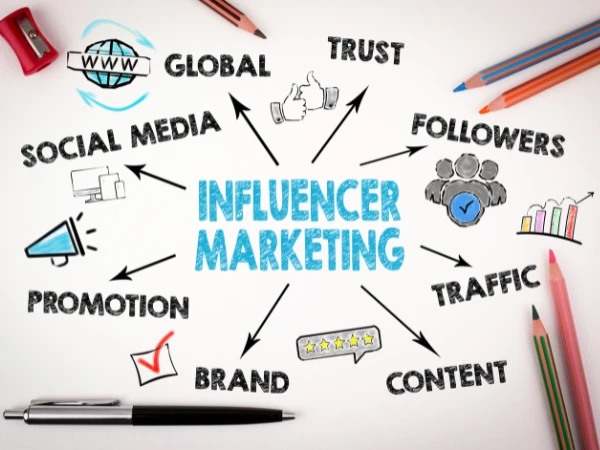The Role of Influencer Marketing in Driving Conversions and Customer Engagement
In the digital age, Influencer Marketing has become an increasingly important part of driving conversions and customer engagement. Influencer marketing is the process of leveraging relationships with influential people in a target market to drive brand awareness, engagement, and sales.

The Role of Influencer Marketing in Driving Conversions and Customer Engagement
In the digital age, Influencer Marketing has become an increasingly important part of driving conversions and customer engagement. Influencer marketing is the process of leveraging relationships with influential people in a target market to drive brand awareness, engagement, and sales. Influencers are people of influence within their particular niche and have the power to sway opinions and impact decisions. As such, they can be extremely effective in driving conversions and customer engagement for a brand.
One of the key benefits of influencer marketing is the ability to leverage relationships and trust. Influencers have already established a trusting relationship with their followers. This means that when they recommend a product, their followers are more likely to take action. In addition, influencers can provide valuable feedback on products and services, which can help a brand refine its offering and ultimately improve conversions.
Another key advantage of influencer marketing is the ability to reach a large and diverse audience. By leveraging relationships with influential people, brands can tap into their existing networks and reach a much broader audience than they would otherwise be able to. This allows brands to target specific demographics and tailor their message to the right audience.
Furthermore, influencer marketing can help to increase brand visibility. By having influencers promote a brand, it can help to increase brand recognition and visibility online. This can help to boost conversions as people become more aware of the brand and its offerings.
Finally, influencer marketing can be used to build relationships. By engaging with influencers, brands can build relationships with their followers and create a sense of loyalty and trust. This can help to drive conversions and customer engagement as people are more likely to purchase from a brand that they feel connected to.
In conclusion, influencer marketing can be a powerful tool for driving conversions and customer engagement. By leveraging relationships with influential people, brands can reach a larger and more diverse audience, increase brand visibility and create a sense of loyalty and trust. All of these benefits can help to drive conversions and customer engagement, ultimately resulting in increased sales and revenue.
What should businesses consider when developing their marketing strategies?
As a business owner, marketing is an essential part of achieving success. It helps you reach potential customers, promote your products and services, and build brand recognition. Developing a successful marketing strategy requires careful consideration and planning. Here are some key factors to keep in mind when crafting your business's marketing plan.
1. Set Goals
Before you start your marketing efforts, it's important to set specific and measurable goals. Your goals should be aligned with your business's overall vision and objectives. This will give you a clear direction to follow and help you measure your success.
2. Know Your Target Audience
You need to understand your target audience to effectively reach them. Research your customers and develop detailed buyer personas. This will help you tailor your messages and campaigns to meet their specific needs.
3. Choose the Right Channels
It's important to choose the right channels for your marketing strategy. Different channels are better suited for different types of businesses and audiences. For example, social media may be effective for certain businesses, while email marketing may be more effective for others. Consider your target audience and what channels they use when deciding which channels to focus on.
4. Develop Engaging Content
Content is an essential part of any marketing strategy. You need to create engaging content that resonates with your target audience. Content should be relevant, informative, and entertaining. Try to use visual content such as videos and images to grab people's attention.
5. Track Your Results
It's important to track and measure your marketing efforts. This will help you understand which strategies are working and which need to be adjusted. Regularly analyze your data to adjust your strategy and optimize performance.
By following these tips, you can develop an effective marketing strategy for your business. Remember to set clear goals, understand your target audience, choose the right channels, create engaging content, and track your results. With a well-crafted marketing plan, you can maximize your success and reach your business goals.
Developing a successful marketing strategy takes time and effort. Make sure you have the resources and expertise to create and implement a successful marketing plan with a digital marketing agency. Additionally, be sure to keep up with the latest industry trends and take advantage of new technologies to stay ahead of the competition. With the right strategy in place, you can ensure that your business is well-positioned for success.

